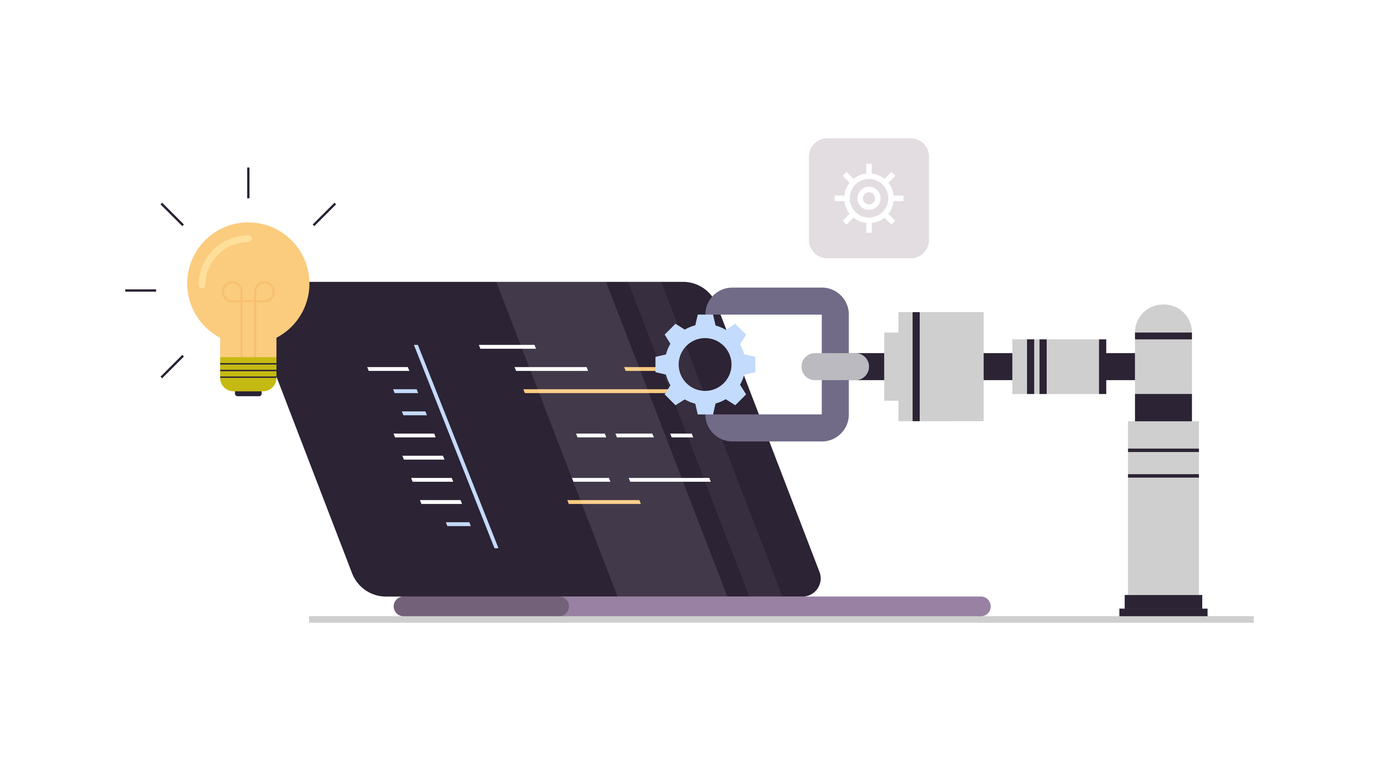AI-Driven CPQ: The Evolution of CPQ in Manufacturing
AI is reshaping CPQ, enabling predictive pricing, demand forecasting, and personalization to drive smarter, faster, and more precise sales.

Manufacturers are under increasing pressure to deliver accurate, personalized and competitive quotes quickly, while managing complex product configurations. Traditional configure, price, quote (CPQ) systems have long helped manufacturers streamline complex product configuration and pricing, but continued demand for sales efficiency and customization requires CPQ to evolve in lockstep.
AI-driven CPQ solutions are entering the market to deliver these experiences at scale. From predictive pricing to demand forecasting and personalized recommendations, AI is revolutionizing how businesses configure products, personalize sales strategies, optimize pricing, and drive revenue.
Where CPQ Stands Today: AI’s Existing Role in Configuration
AI has been a core component of some CPQ systems for decades—long before machine learning and generative AI became widespread. However, this type of AI works differently from today’s large language models or predictive engines. Symbolic AI, which uses logical reasoning and mathematical constraints rather than learned patterns, has been a key technology in constraint-based CPQ platforms. It enables manufacturers to manage millions of product variations while ensuring only valid, manufacturable configurations. Unlike AI that predicts outcomes based on past data, it systematically applies predefined constraints to eliminate errors and inefficiencies before they occur.
Whether a CPQ uses machine learning, symbolic AI, or no AI at all, the future of CPQ will be driven by greater process efficiency, smarter guided selling, and deeper data analysis to optimize decision-making and improve the buying experience.
Emerging Use Cases of AI in CPQ
New use cases for AI are taking CPQ beyond a process-enhancing tool to one that drives the buyer experience and internal decision-making. At the core are three important tools that manufacturers can expect to become more pervasive.
Predictive pricing for optimal profitability
AI analyzes historical sales data, market trends, and competitor pricing to determine the most competitive and profitable price for each deal. AI helps businesses maximize their sales potential by dynamically adjusting prices in response to demand, customer behavior, and external factors. Offering the right price at the right time increases conversion rates, while optimized discounts and promotions improve profit margins.
Additionally, AI can reduce the need for manual pricing adjustments, streamlining the sales process. AI can even recommend special pricing for strategic customers, ensuring a competitive advantage while maintaining overall profitability.
Demand forecasting for smarter sales strategies
Demand forecasting, powered by machine learning, leverages real-time and historical data to predict customer buying patterns, enabling businesses to stay ahead of market trends. This analysis enables manufacturers to anticipate customer needs before they arise, ensuring they are prepared to meet demand.
AI can also strengthen inventory management by optimizing stock levels, reducing supply chain disruptions, and minimizing excess inventory costs.
Personalized recommendations for higher conversions
AI enables hyper-personalization in CPQ, leveraging customer purchase history, preferences, and industry trends to deliver highly tailored recommendations. AI can suggest product configurations that match individual customer needs, ensuring that every offer is relevant and compelling.
AI can identify upselling and cross-selling opportunities, helping sales teams maximize deal value while giving customers solutions that align with their requirements. For example, AI-enabled CPQ tools also enable dynamic bundling, allowing manufacturers to create personalized packages that tailor product value propositions to each customer.
In short, AI-driven recommendations create a seamless, customer-centric sales experience, improving the likelihood of closing deals.
What’s Next for AI in CPQ?
As AI capabilities continue to evolve, new innovations are shaping the future of CPQ. While many of these applications are still emerging, manufacturers should be aware of how AI-driven CPQ advancements may impact their CPQ strategies in the years ahead.
- Automated quote optimization: AI will help sales reps configure products, generate quotes, and make real-time recommendations—it can even translate those quotes for global markets.
- AI-driven negotiation strategies: Advanced AI models will analyze customer behavior to predict negotiation tactics, helping sales reps make the best counteroffers and close deals faster.
- Self-service AI CPQ: As more manufacturers provide self-service experiences, customers will be able to configure products, receive AI-driven pricing suggestions, and generate quotes independently, reducing the need for manual sales involvement and accelerating the buying process.
While these advancements show AI’s growing role in CPQ, manufacturers should evaluate how these innovations align with their specific needs, balancing automation with the need for accuracy, control, and customer trust.
Smarter Selling Starts with Precision and Automation
As manufacturers navigate increasing product complexity and customer demands, CPQ must provide more than just automation. It must ensure accuracy, efficiency, and seamless collaboration across the value chain and the customer journey.
Tacton’s CPQ is built on a powerful, constraint-based configuration engine, ensuring that every product configuration is valid, manufacturable, and optimized from the start. By streamlining the sales process and integrating with existing business systems, Tacton helps manufacturers:
- Eliminate configuration errors
- Speed up quoting while ensuring engineering and pricing accuracy
- Enhance the customer experience with guided, error-free product configuration
- Seamlessly connect data through deep integrations with ERP, CRM, and PLM
For manufacturers selling highly configurable products, precision and efficiency are critical. Tacton delivers the capabilities needed to simplify complexity, helping you sell smarter and with confidence.



